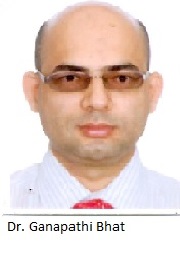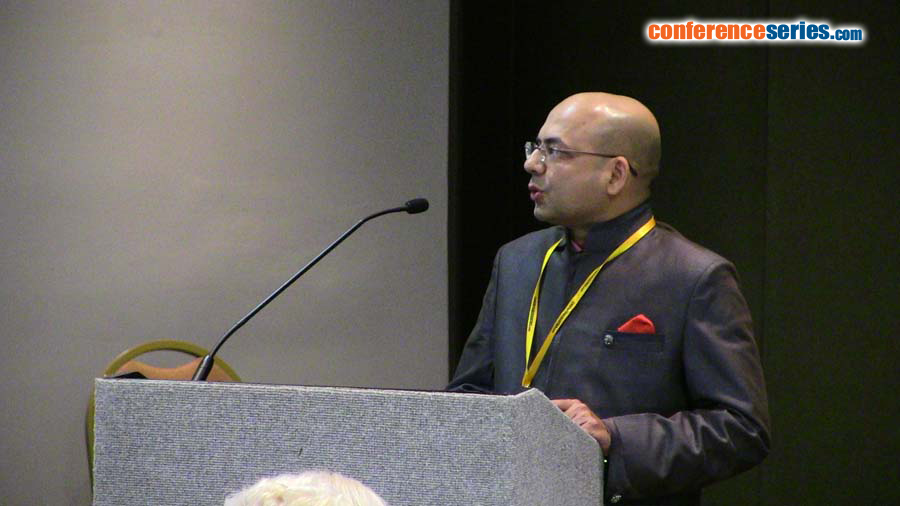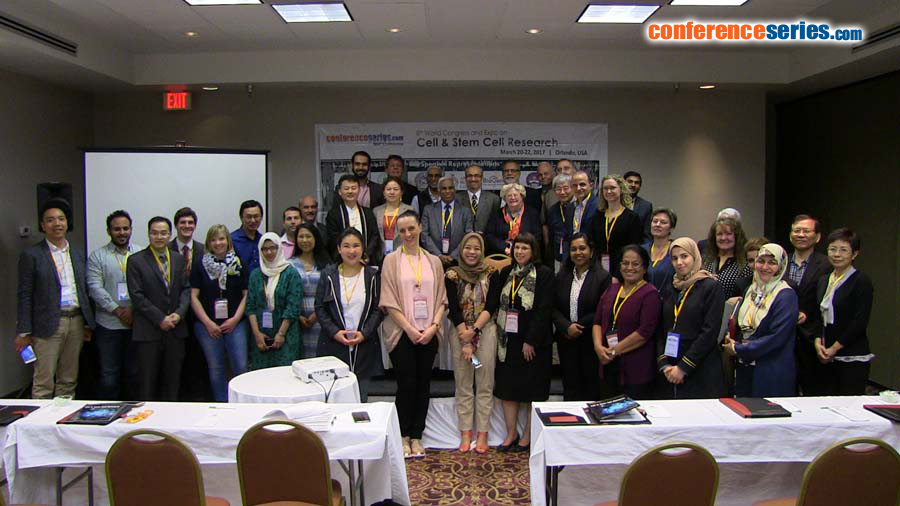
Ganapathi Bhat M
Jaslok Hospital and Research Centre, India
Title: Fighting the good fight: GVHD in allogeneic haematopoietic stem cell transplant
Biography
Biography: Ganapathi Bhat M
Abstract
Allogeneic hematopoietic stem cell transplantation (Allo-HSCT) intents at abating malignant and benign diseases. However, Graft-versus-host disease (GVHD) still is the major cause of morbidity and mortality. GVHD demonstrates a heterogeneous clinical presentation and compromises the benefits associated with allo-HSCT. The complex pathophysiology of GVHD remains as a focus of unending research and it also outlines many existing and novel therapeutic targets. This has become a major objective of research in the transplant immunobiology. Standardized stratagem to understand the predisposing factors, pathophysiology and diagnosis for both acute and chronic forms of the disease, is still lacking. There is a need for better insight into the Pathobiology behind the GVHD process and widening more effective treatment strategies while maintaining the graft versus tumor effect to keep away a likely rise in relapse-related mortality. The studies should be directed towards assessment tools for disease severity, outcome, quality of life; variability factors influencing the outcome of the transplant and identification of potential biomarkers which predicts therapeutic responses as both acute and chronic GVHD are biologically and clinically heterogeneous. The increasing knowledge about host as well as the donor associated variables that aggravate GVHD and to develop drugs in relation to immune-modulation perhaps allows more effective treatment of GVHD in the future. Impending research strategies and the discovery of novel therapeutic targets may improve the outcome further. Well timed diagnosis, multidisciplinary working and good supportive care are undoubtedly important to optimize the response and survival.


